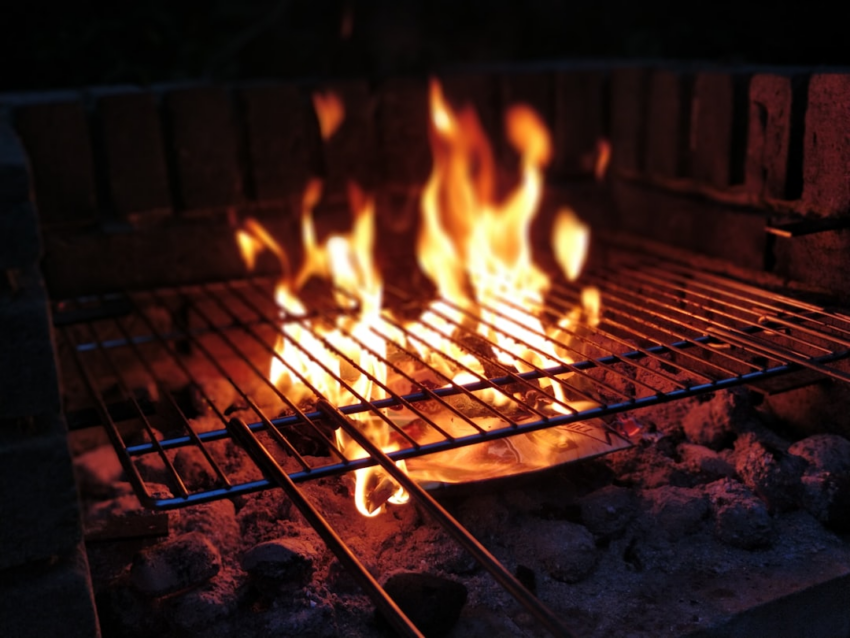To achieve juicy, safely prepared BBQ chicken, cook to an internal temperature of 165°F (74°C). Thicker cuts need longer times, monitor with a thermometer, and use indirect heat for tender results. Preheat your grill to 350-400°F (175-200°C), marinate for at least 30 minutes, and cook until the internal temperature reaches 165°F (74°C). Flip regularly and let rest post-cooking for consistent, flavorful BBQ chicken using a simple grill recipe.
Unleash the perfect BBQ chicken grill recipe with a scientific approach! Discover the ideal temperature range (325-400°F) for juicy, tender meat and precise grilling times. Learn how indirect heat and direct flame play crucial roles in flavor infusion and safety. This comprehensive guide navigates factors influencing cook time, offers tips for consistent results, and highlights common mistakes to avoid. Master the art of BBQ chicken grilling today!
- Understanding Chicken Cooking Temperatures
- Ideal Grilling Time for Tender Chicken
- Factors Influencing BBQ Chicken Cook Time
- Mastering the Art of Indirect Heat
- Direct Heat: The Key to Flavor Infusion
- Monitoring Internal Temperature for Safety
- Tips for Consistent and Juicy BBQ Chicken
- Common Mistakes to Avoid While Grilling
Understanding Chicken Cooking Temperatures
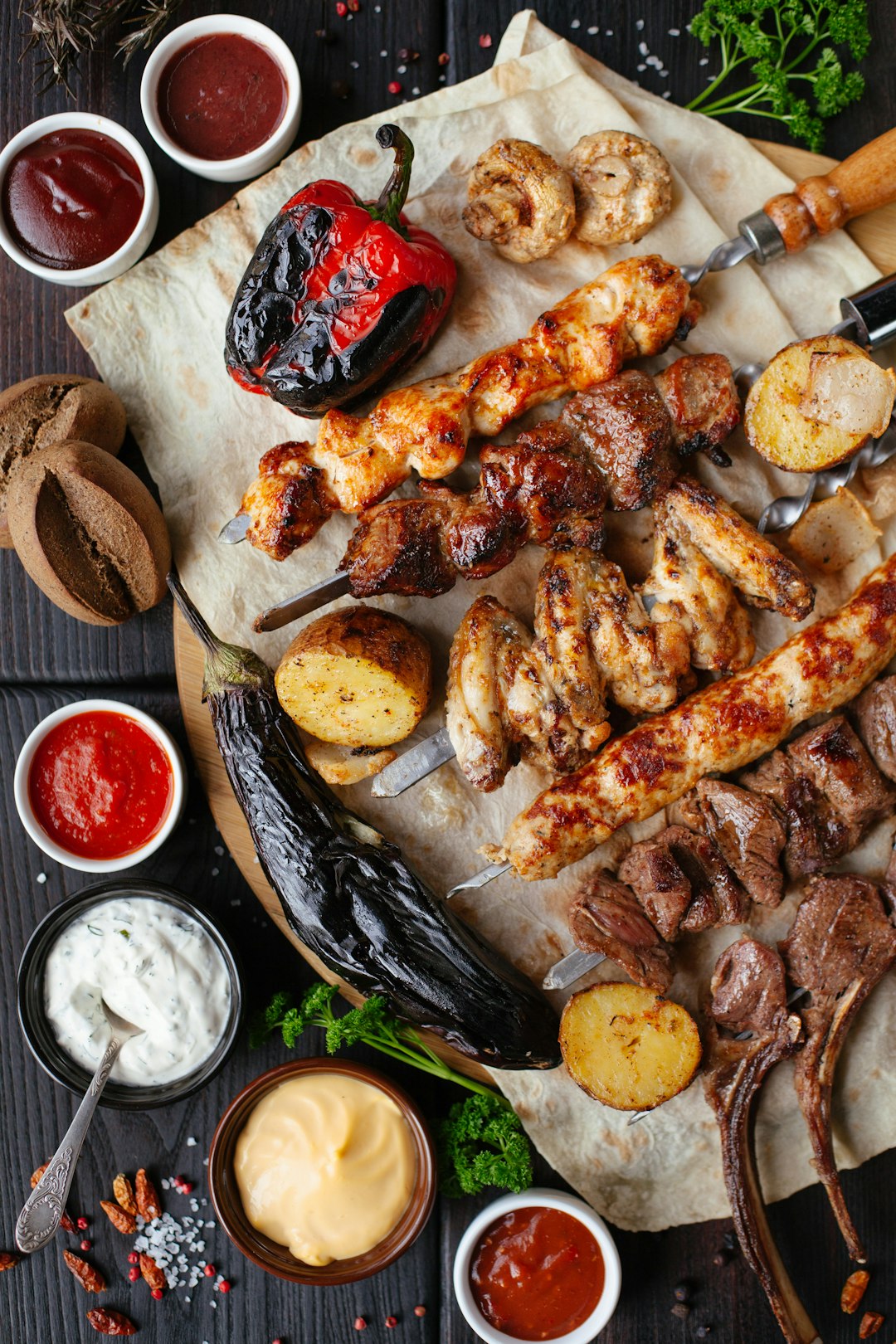
Understanding Chicken Cooking Temperatures is key to achieving juicy, perfectly cooked BBQ chicken in your grill recipe. The ideal internal temperature for safely cooking chicken is 165°F (74°C). This ensures that any harmful bacteria, such as Salmonella and Campylobacter, are eliminated, making your meal safe to consume.
When grilling BBQ chicken, the thickness of the meat plays a significant role in determining grilling time. Thicker cuts like whole breasts or thighs will require more time on the grill compared to thinner cutlets or boneless, skinless chicken breasts. It’s important to monitor the temperature regularly with a meat thermometer to avoid overcooking and ensure even cooking throughout.
Ideal Grilling Time for Tender Chicken
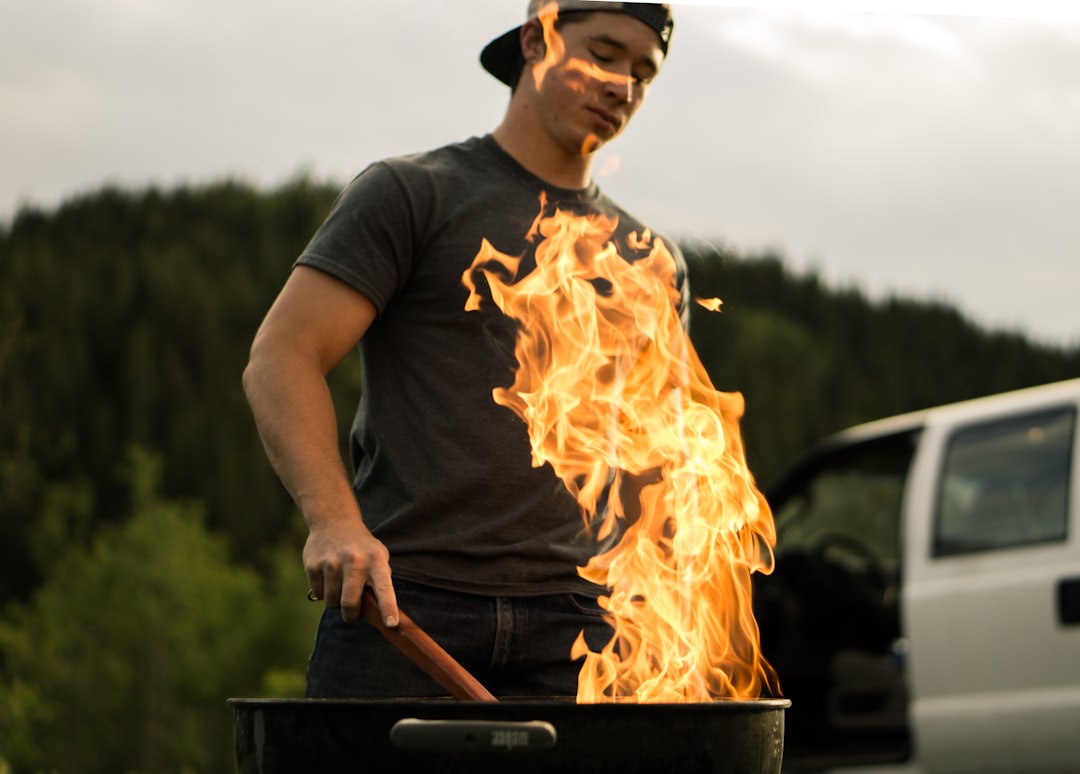
The ideal grilling time for tender, juicy BBQ chicken is a delicate balance between cooking it long enough to break down connective tissues and collagen while ensuring the meat remains moist and flavorful. For bone-in, skin-on chicken pieces like thighs or drumsticks, plan on about 30-40 minutes of direct heat at medium-high temperatures (around 375-400°F / 190-200°C). This allows the exterior to get nicely charred while the interior reaches a safe minimum internal temperature of 165°F (74°C), killing any potential bacteria.
When grilling chicken, visual cues and probe temperatures are key indicators of doneness. Look for meat that’s no longer pink at the bone and feels tender when prodded. Using a meat thermometer ensures perfect results every time, especially since different cuts of chicken may require slightly adjusted timing. Following these guidelines in your BBQ chicken grill recipe will result in a mouthwatering, fall-off-the-bone meal that satisfies everyone at your next gathering.
Factors Influencing BBQ Chicken Cook Time
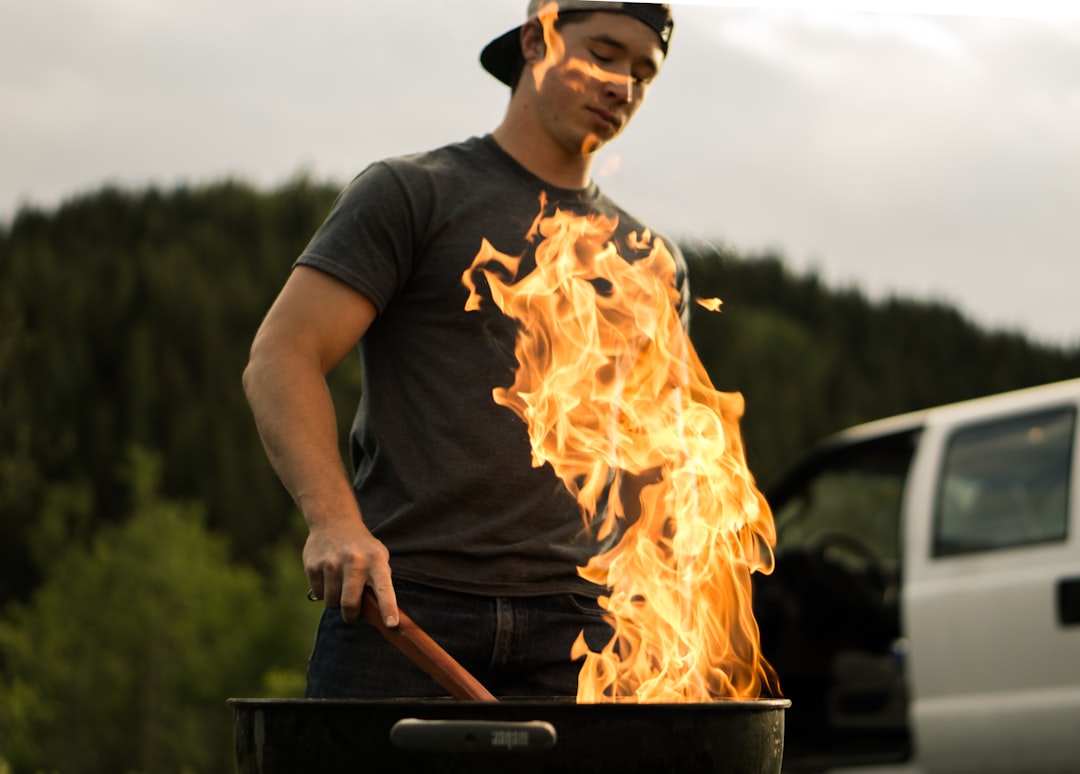
Several factors play a crucial role in determining the ideal grilling time for BBQ chicken, making it more than just a matter of heat and meat thickness. The type of grill, whether charcoal or gas, significantly impacts cooking speed and temperature consistency. Charcoal grills tend to have hotter, more erratic heating zones, requiring a bit more time for even cooking, while gas grills offer precise temperature control, allowing for quicker grilling.
Meat thickness is another critical variable. Thicker cuts of chicken, such as drumsticks or whole breasts, need longer cooking times due to their larger mass and higher moisture content. Conversely, thinner cuts like boneless, skinless thighs cook faster. Marination also affects timing; wet marinades help retain moisture, potentially reducing cooking time by a few minutes. The desired doneness level further fine-tunes the grilling duration, with well-done chicken requiring a bit longer on the grill.
Mastering the Art of Indirect Heat
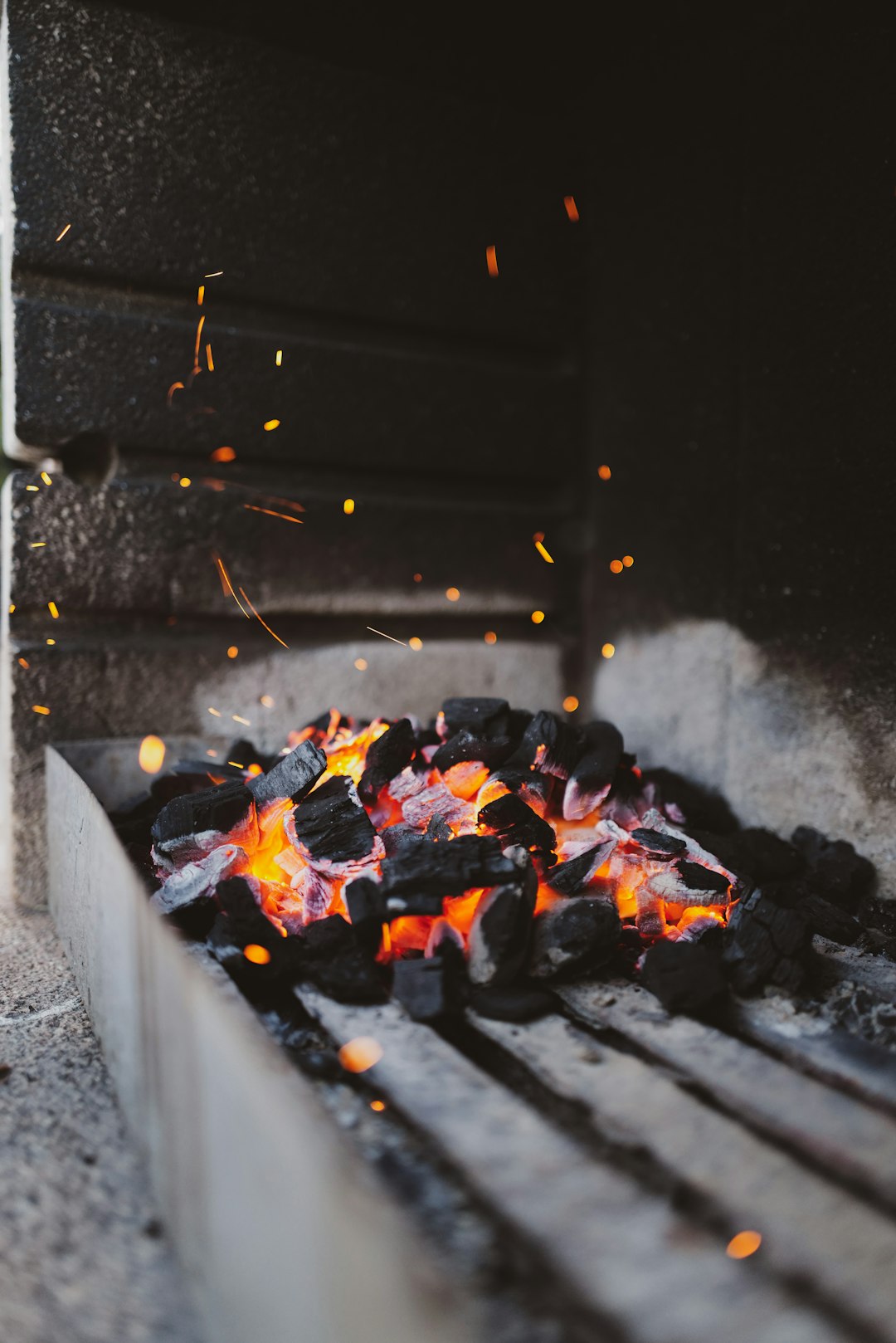
Mastering the art of indirect heat is key to achieving perfectly grilled BBQ chicken in every bite. Unlike direct heat grilling, where the flame directly contacts the meat, indirect heat allows for a slower, more controlled cooking process. This method ensures that the chicken cooks evenly throughout, locking in juices and flavor from the delicious BBQ sauce.
When using an outdoor grill or smoker designed for indirect heat, place the chicken on the rack away from the direct flame source. This could mean positioning it in the center of the grill or on a separate smoking box. Maintain a steady temperature between 250°F to 300°F (121°C to 149°C) using your grill’s thermostat or by regularly adding charcoal to keep the heat consistent. This slow and steady approach is what transforms raw chicken into juicy, tender BBQ chicken that melts in your mouth. Follow these indirect heat grilling tips for a BBQ chicken grill recipe that will impress your family and friends.
Direct Heat: The Key to Flavor Infusion
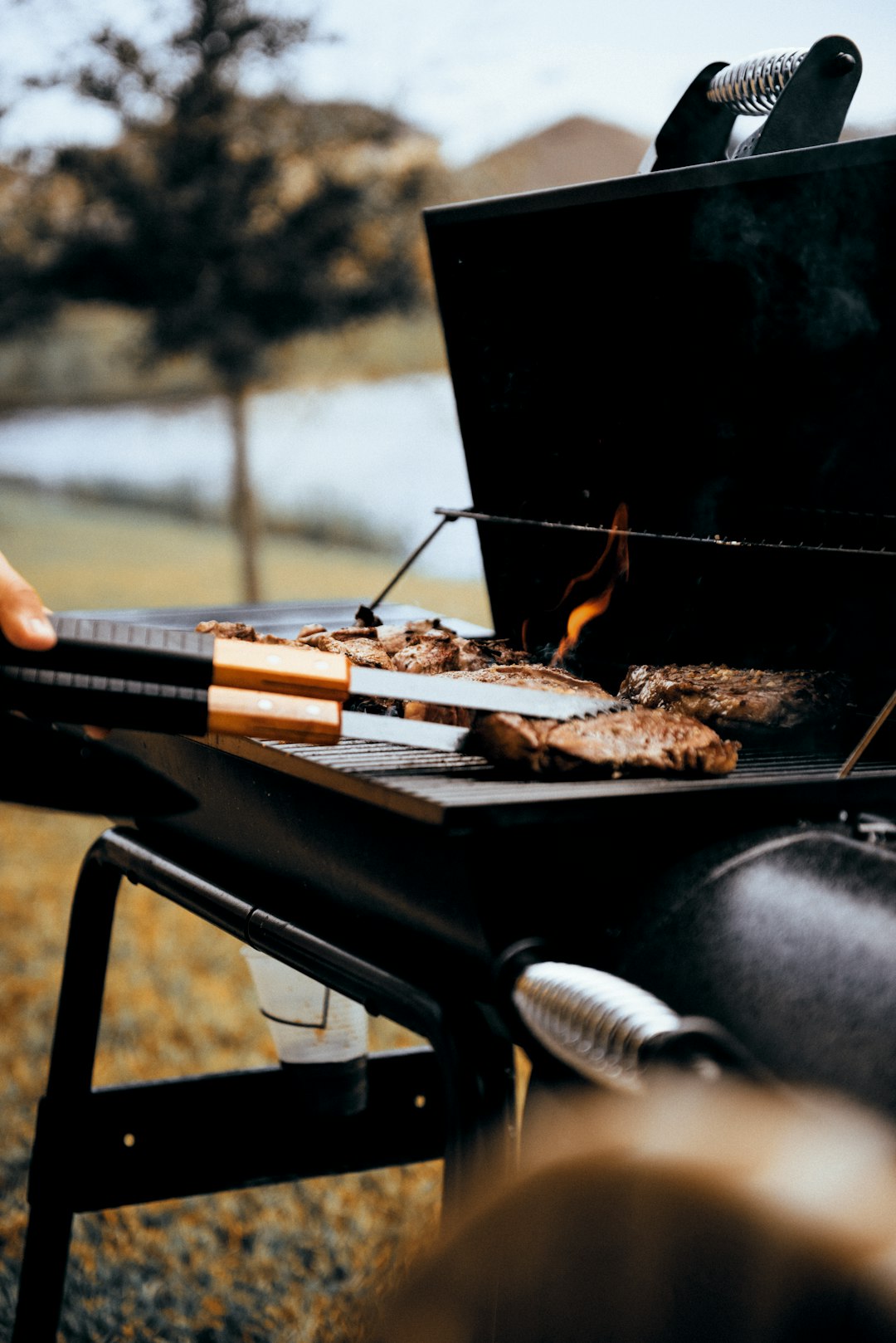
Direct heat is the secret weapon for any successful BBQ chicken grill recipe. When cooking chicken directly over high heat, you create a flavorful environment that sears the exterior and keeps the meat moist on the inside. This method infuses the chicken with the smoky taste of the grill, enhancing its natural flavors. The intense heat caramelizes the natural sugars in the meat, resulting in a deliciously golden crust.
By using direct heat, you also ensure even cooking, as the hot coals or burners provide consistent warmth all around the chicken. This technique allows for better control over the cooking process, preventing overcooking or undercooking. The key is to maintain a steady temperature, typically between 400-500°F (200-260°C), for about 10-15 minutes per side, depending on the thickness of your chicken pieces. This will lock in the juices and create a juicy, flavorful BBQ chicken dish that’s sure to impress.
Monitoring Internal Temperature for Safety
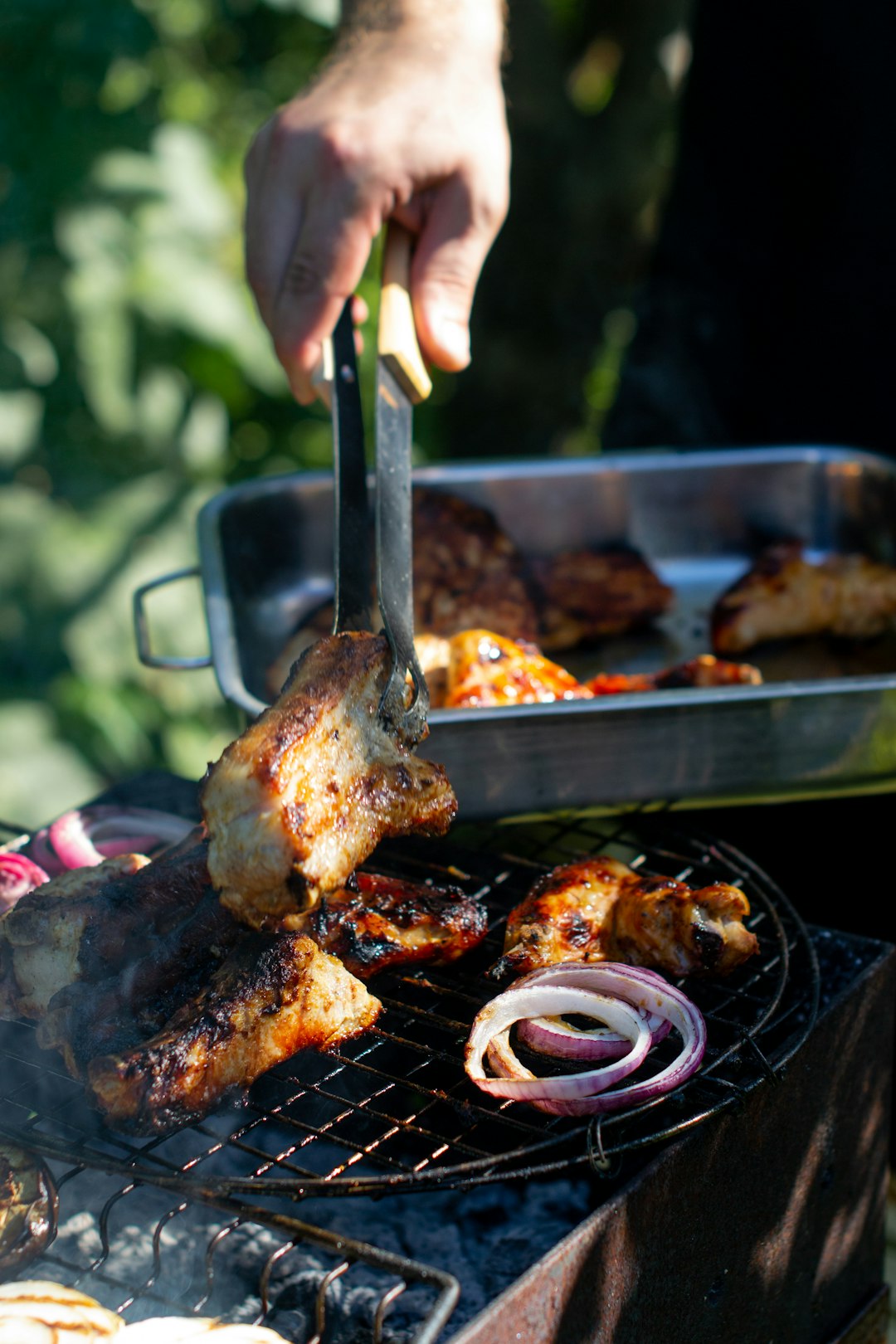
When grilling BBQ chicken, monitoring the internal temperature is crucial for both flavor and safety. The US Department of Agriculture recommends an internal temperature of 165°F (74°C) to ensure all harmful bacteria are eliminated. This threshold applies regardless of whether you’re using a charcoal grill or a gas grill. To check the temperature accurately, invest in a reliable meat thermometer. Insert it into the thickest part of the thigh without touching bone; this provides the most accurate reading.
As chicken cooks, its juices will run clear and the meat will no longer be pink, indicating that it’s ready. However, relying solely on visual cues can be risky. Always verify the internal temperature to avoid potential foodborne illnesses. This simple step ensures your BBQ chicken is not only deliciously tender but also safely cooked. Remember, when it comes to a bbq chicken grill recipe, paying attention to detail makes all the difference.
Tips for Consistent and Juicy BBQ Chicken
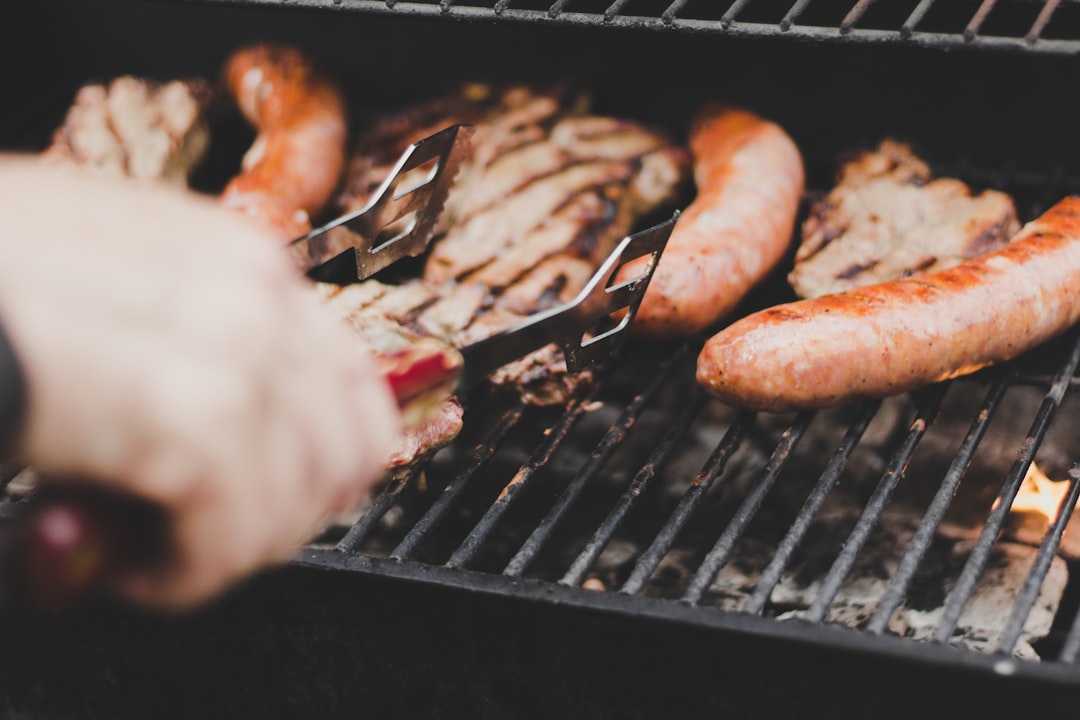
To achieve consistent and juicy BBQ chicken, start by preheating your grill to the perfect temperature—around 350-400°F (175-200°C). This heat range ensures even cooking and seals in moisture. Marinating the chicken for at least 30 minutes before grilling is a game-changer; it helps tenderize the meat and infuse flavors. Use a dry rub or a flavorful marinade, ensuring it coats every piece evenly.
During grilling, maintain the temperature and avoid overcooking by using a meat thermometer to check the internal temperature—165°F (74°C) for safety and juiciness. Flip the chicken regularly to promote even searing and prevent burning. Letting the meat rest for 5-10 minutes after grilling allows the juices to redistribute, ensuring each bite is deliciously moist.
Common Mistakes to Avoid While Grilling
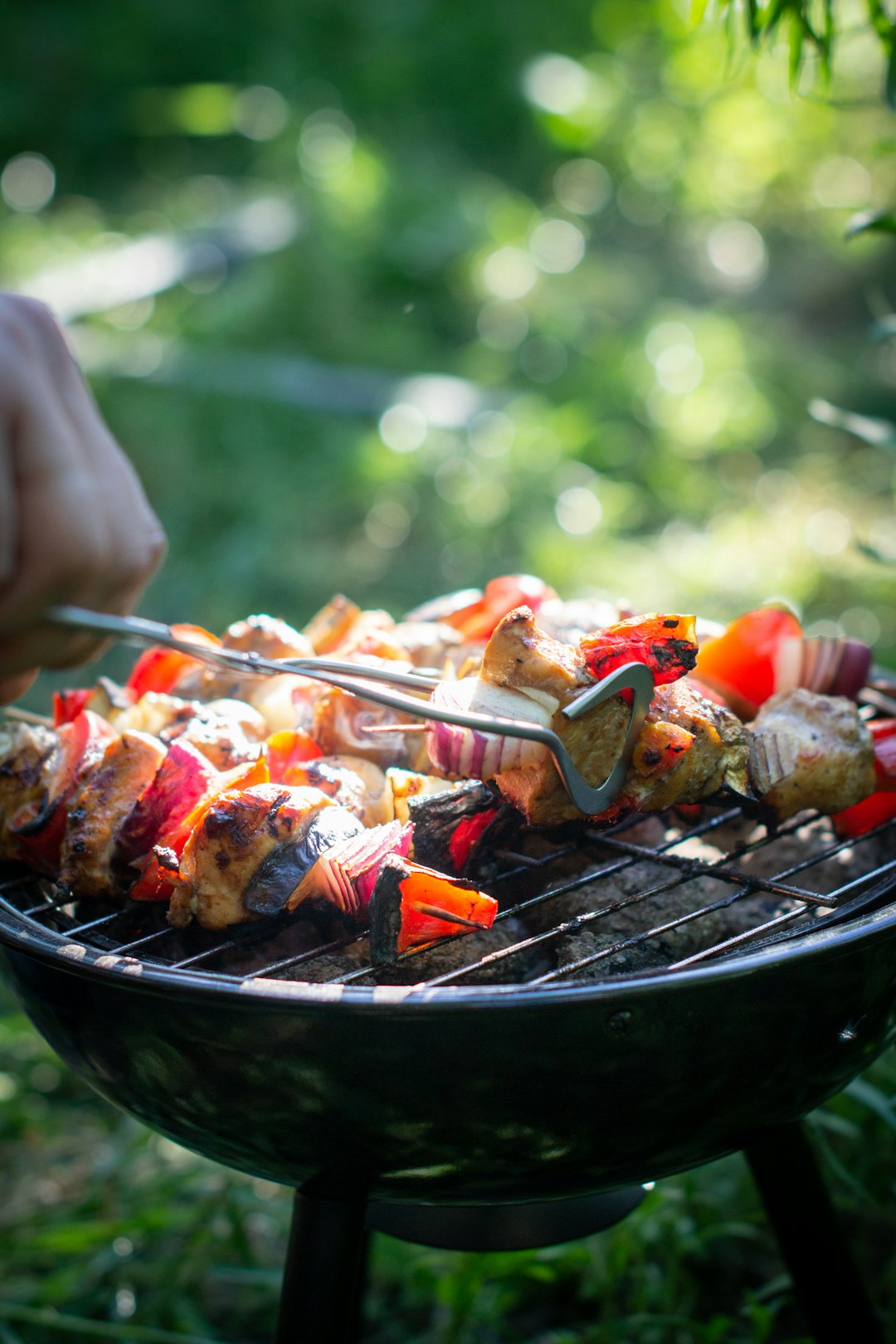
Grilling BBQ chicken is an art, and many enthusiasts make common mistakes that can ruin the perfect dish. One of the most frequent errors is overcooking the chicken due to high heat and a lack of attention. This can result in dry, tough meat. To avoid this, maintain a consistent medium-low flame and remember, slow and steady wins the race. Regularly checking the temperature with a meat thermometer ensures your chicken reaches the ideal internal warmth without burning the exterior.
Another blunder is not allowing enough time for marinating. Marinades are key to enhancing flavor and tenderizing the meat. Always marinate your chicken for at least 30 minutes, but preferably longer, to ensure maximum infusion of spices and sauces, creating a mouthwatering BBQ chicken grill recipe every time.
